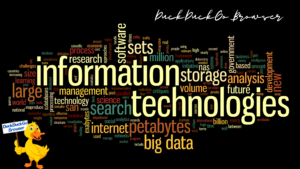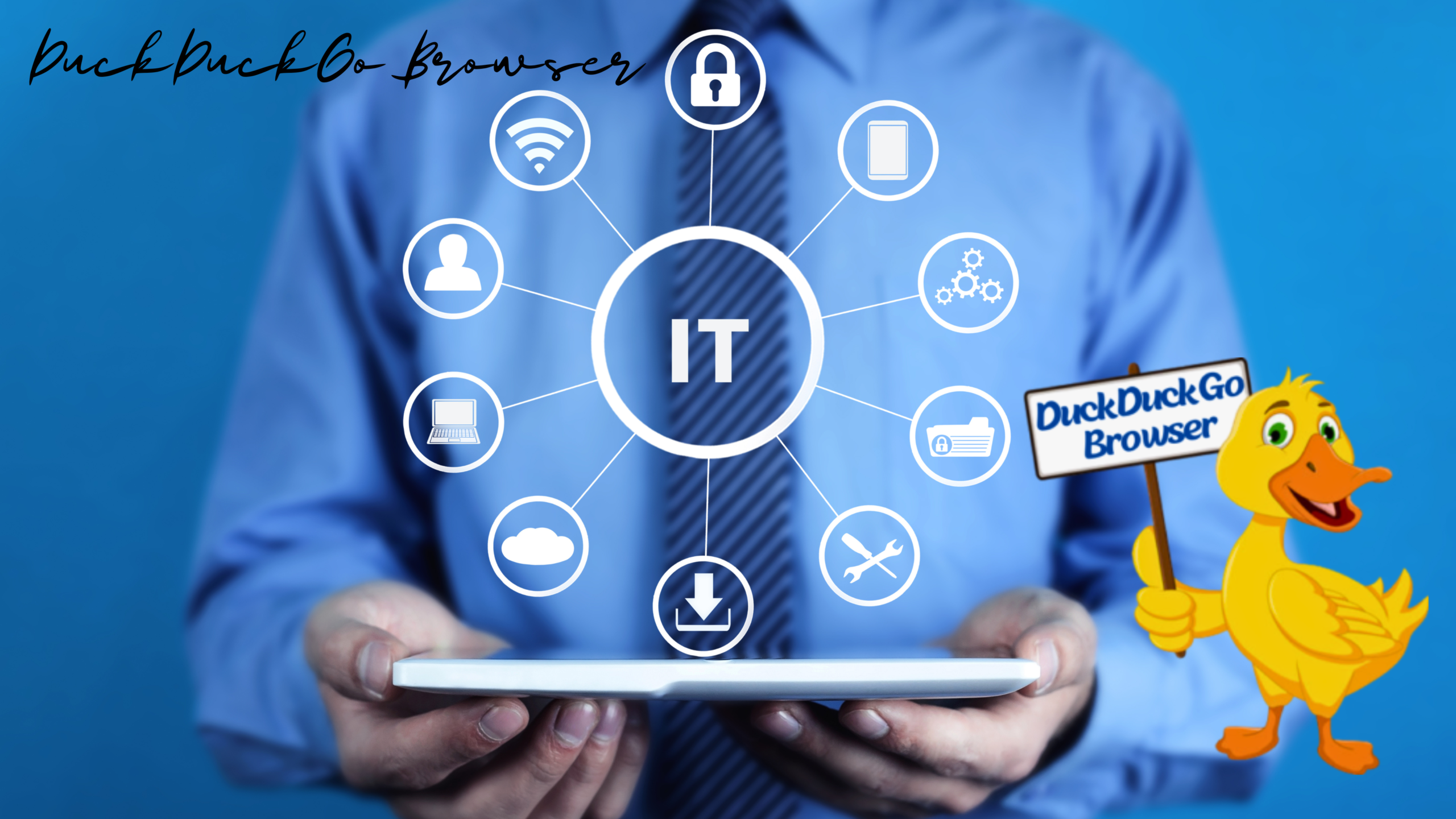Introduction
Information technology, at times known as IT, has affected all facets of modern life. It affects the way we think, act, and connect. Information technology includes a broad range of devices, methods, and treatments, from mobile devices to powerful computers, from email to intelligent machines. We will look at the basic principles of information technology, its development, and its commonplace impact on the world in this essay.
An explanation of information technology

Information technology is the utilization, creation, and maintenance of networked machines, software, and equipment for the storage, processing, transmission, and retrieval of data. It includes a wide range of methods and instruments developed to handle and work with information and facts. This discipline involves not just computers but also systems for communication, hardware, software, and the personnel that run them.
Information technology’s essential elements

Hardware: Computers, servers, storage, and networking hardware are all included in this.
Software: Programming dialects, operating systems, and app developers are all necessary parts of software.
Networks: The network infrastructure, which includes the internet, LANs, and WANs (Wide Area Networks), facilitates data transfer.
Management of Data: tools and methods for effectively organizing, storing, and retrieving data.
Cybersecurity: defending data and systems from dangers, including viruses, spyware, and hackers.
Cloud Computing: the provision of computer services through the internet, including on-demand software, processing power, and storage.
Result for Society

Every element of our existence has been completely altered by information technology:
- Businesses are now more efficient and competitive because of IT, which has simplified processes, enhanced decision-making, and allowed e-commerce.
- Treatment of patients, as well as studies, have both been increased through the use of electronic health records, telemedicine, and medical imaging.
- Availability of higher education has increased globally thanks to online learning platforms and digital resources.
- The entertainment sector has changed due to streaming services, video games, and digital media.
- Initiatives using e-government have enhanced public services and openness.
- How we communicate and work together has changed dramatically thanks to instant messaging, email, video conferencing, and social networking.
Digital Age Privacy and Security

It is impossible to exaggerate the value of privacy and security as information technology develops. It’s a constant struggle to guarantee data’s availability, confidentiality, and integrity. Consider the following essential factors:
- Organizations are required to safeguard user data, notify users about data collecting, and offer alternatives for data management under strict data privacy laws like the CCPA and the GDPR of the European Union and the State of California, respectively.
- The threat environment is always changing, and cyberattacks are becoming more advanced. To protect themselves against dangers like ransomware, phishing, and advanced persistent threats, organizations must constantly adjust their cybersecurity procedures.
- Security measures for personal devices and sensitive information are increasingly relying on biometric authentication techniques like fingerprint recognition and face scanning.
- Organizations are using penetration testers and ethical hackers to find security holes in their systems before criminals can take advantage of them.
- Secure transactions, supply chain monitoring, and identity verification are just a few of the areas where blockchain technology is being utilized to improve security.
- It’s critical to have effective incident response strategies. Data breaches must be quickly identified, contained, and recovered from to limit harm.
Conclusion
To summarize, information technology has progressed from its humble beginnings to become a transformative force in many aspects of our lives. Its continuous expansion and influence will bring both possibilities and problems. Individuals, organizations, governments, and communities must stay adaptive, responsible, and forward-thinking to information technology to effectively traverse this changing world. We can use its enormous potential for the welfare of humanity and the growth of our global civilization in this way.
FAQ:
What function does information technology serve in modern life?
By facilitating communication, information access, online services, and the automation of numerous chores, information technology plays a crucial part in modern life. It affects how we handle our everyday affairs, socialize, study, and work.
What are some of the most important job paths in information technology?
IT jobs range from software developer to network administrator, data analyst, cybersecurity specialist, cloud architect, and IT project manager. Both technical and non-technical professionals have several alternatives in this industry.
What is the information technology industry’s future?
Exciting possibilities lie in the future of IT, including developments in AI, quantum computing, 5G technology, and the growth of IoT. With an emphasis on security, ethics, and sustainability, IT will continue to influence sectors and society.
What are the current problems in information technology?
Cybersecurity dangers, data privacy concerns, digital divide issues, the quick speed of technological development, and the need for ethical and sustainable IT practices are some of the difficulties in IT today.
